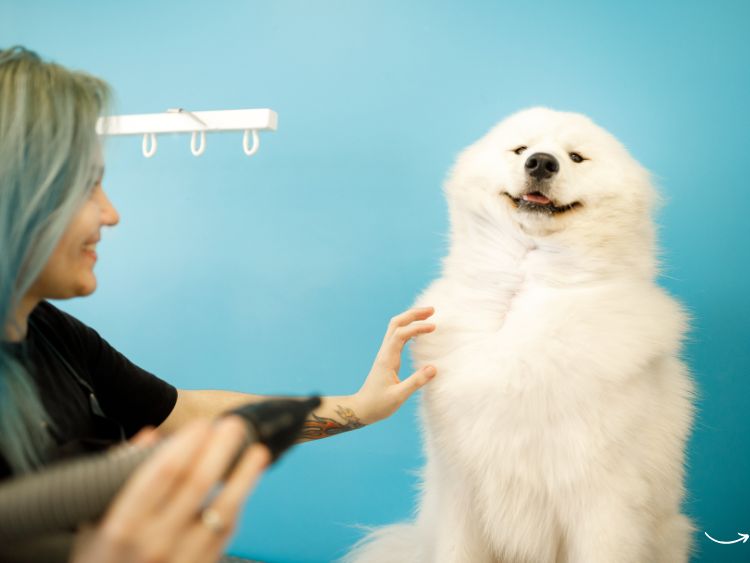In today’s world, ensuring the safety and well-being of our pets is paramount. One of the most effective ways to do this is through microchipping. But what exactly are pet microchip laws, and how do they affect pet owners? This article delves deep into the intricacies of pet microchip laws, providing you with all the information you need to keep your furry friends safe and compliant with legal requirements.
What is a Pet Microchip?
A pet microchip is a small device, about the size of a grain of rice, that is implanted under the skin of a pet, typically between the shoulder blades. This microchip contains a unique identification number that can be read by a scanner. When scanned, the ID number is matched with the owner’s contact information stored in a database, making it easier to reunite lost pets with their owners.
Why Are Pet Microchip Laws Important?
Pet microchip laws are designed to ensure that pets can be easily identified and returned to their owners if they become lost. These laws also help to prevent pet theft and reduce the number of stray animals in shelters. By mandating microchipping, governments can ensure a higher rate of pet recovery and reduce the burden on animal control services.
Key Pet Microchip Laws Around the World
Pet microchip laws vary significantly from one region to another. Let’s take a closer look at some of the key laws in different parts of the world.
United States
In the United States, pet microchip laws are largely determined at the state and local levels. Some states require all dogs and cats to be microchipped, while others have more relaxed regulations. For instance:
- California: Requires all dogs adopted from shelters or rescue organizations to be microchipped.
- Texas: Mandates microchipping for all dogs and cats before they are adopted from animal shelters.
United Kingdom
The UK has stringent pet microchip laws. As of April 2016, all dogs must be microchipped and registered in an approved database by the time they are eight weeks old. Failure to comply can result in a fine of up to £500.
Australia
Australia also has robust microchipping laws. Each state has its own regulations, but generally, dogs and cats must be microchipped by a certain age. For example, in New South Wales, all dogs and cats must be microchipped by 12 weeks of age.
How to Get Your Pet Microchipped
Getting your pet microchipped is a straightforward process. Here’s a step-by-step guide:
- Visit Your Veterinarian: Schedule an appointment with your vet. They will insert the microchip using a needle, similar to a routine vaccination.
- Register the Microchip: Ensure the microchip is registered with your contact information in a national database.
- Update Information: Keep your contact information up-to-date to ensure you can be reached if your pet is found.
Benefits of Microchipping Your Pet
Microchipping offers numerous benefits, including:
- Permanent Identification: Unlike collars and tags, a microchip provides permanent identification that cannot be lost or removed.
- Quick Reunification: Microchipped pets are much more likely to be returned to their owners if they become lost.
- Proof of Ownership: A microchip can serve as proof of ownership in case of disputes.
Frequently Asked Questions (FAQs)
Q: Is microchipping painful for pets?
A: The process is quick and causes minimal discomfort, similar to a routine vaccination.
Q: How much does it cost to microchip a pet?
A: The cost varies but typically ranges from $25 to $50.
Q: Can a microchip track my pet’s location?
A: No, microchips do not have GPS capabilities. They can only provide identification information when scanned.
Summary
Pet microchip laws play a crucial role in ensuring the safety and well-being of our pets. By understanding and complying with these laws, pet owners can significantly increase the chances of being reunited with their lost pets. Microchipping is a simple, cost-effective way to provide permanent identification for your pet, offering peace of mind and security. Remember to always keep your contact information up-to-date in the microchip registry.
Authoritative Links
For more information on pet microchip laws and regulations, visit the following websites:
- American Veterinary Medical Association: www.avma.org
- Pet Microchip Lookup: www.petmicrochiplookup.org
- UK Government Pet Microchipping: www.gov.uk/get-your-dog-microchipped
By following these guidelines and staying informed about pet microchip laws, you can ensure your pet’s safety and compliance with legal requirements, providing a secure and happy environment for your furry friend.

